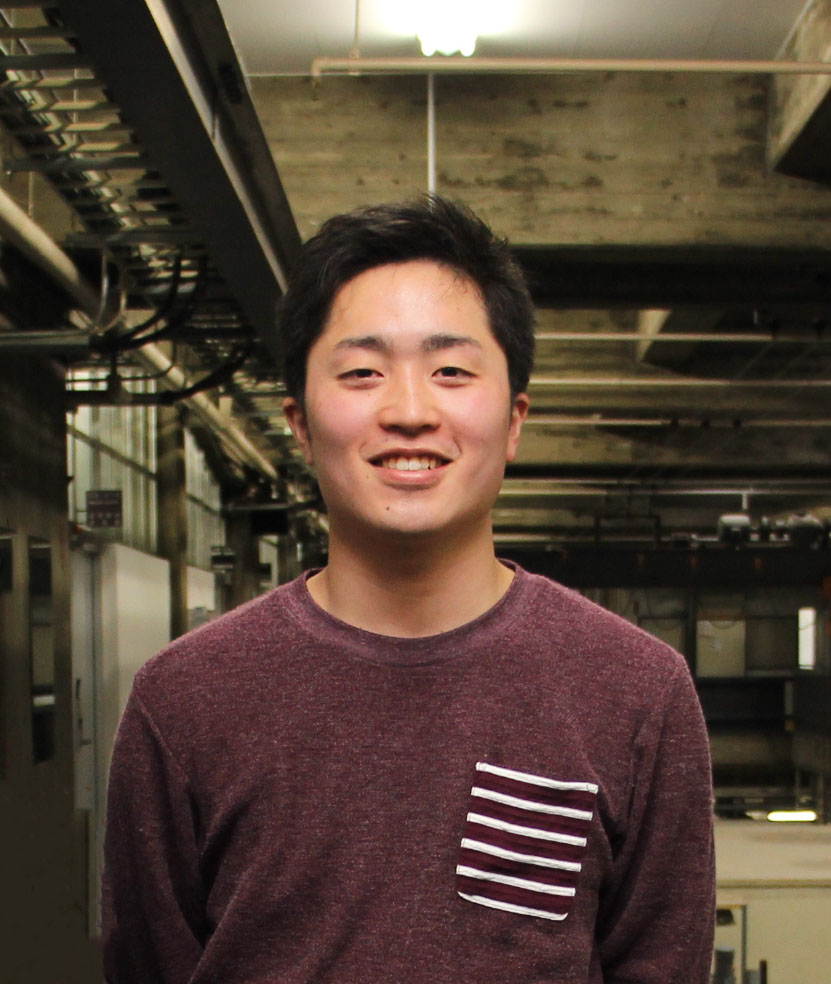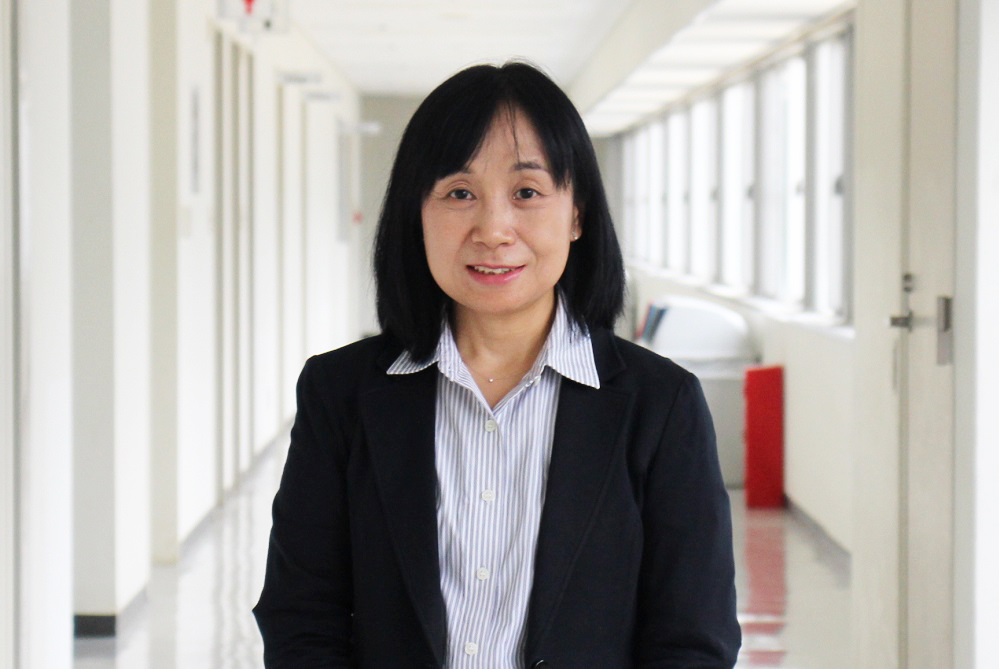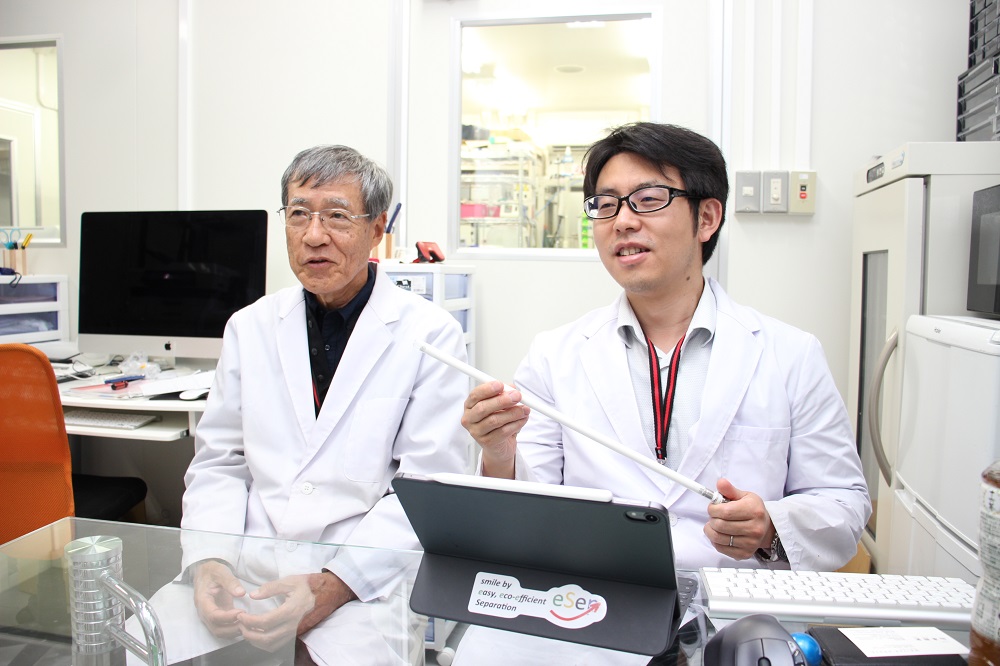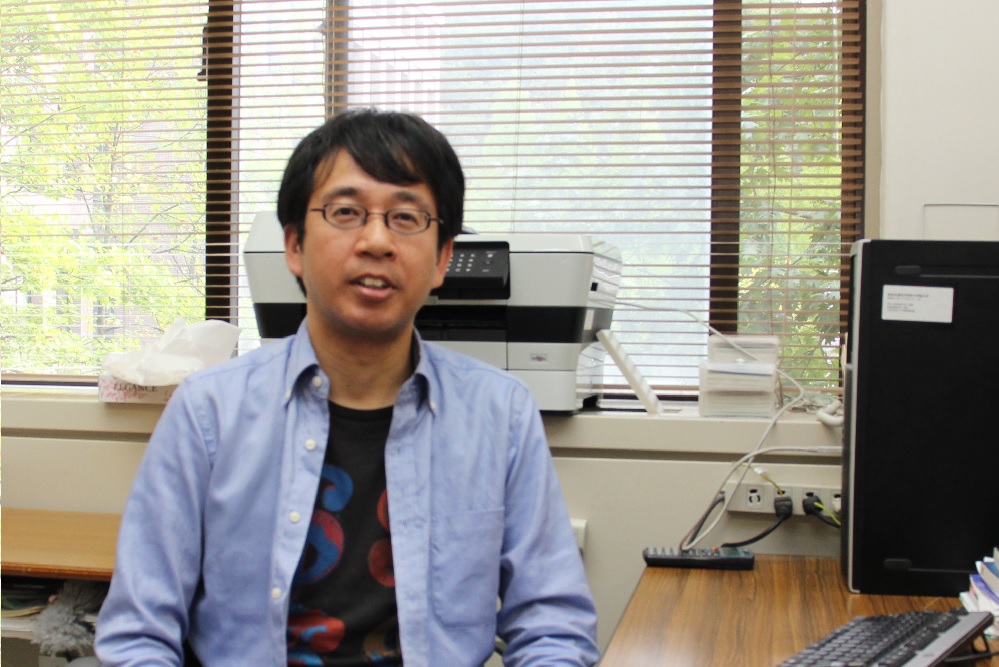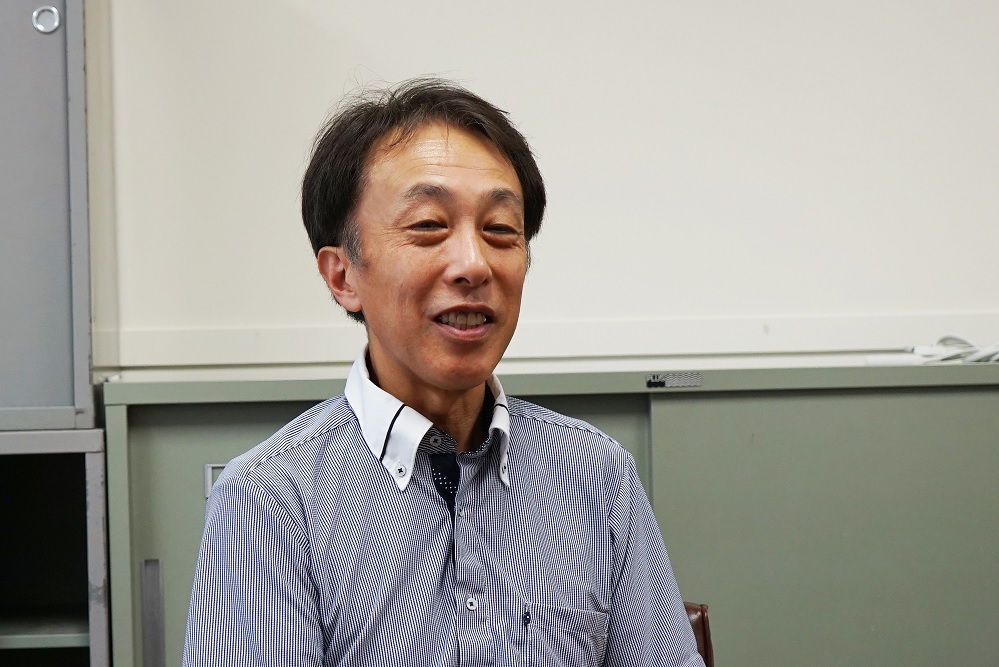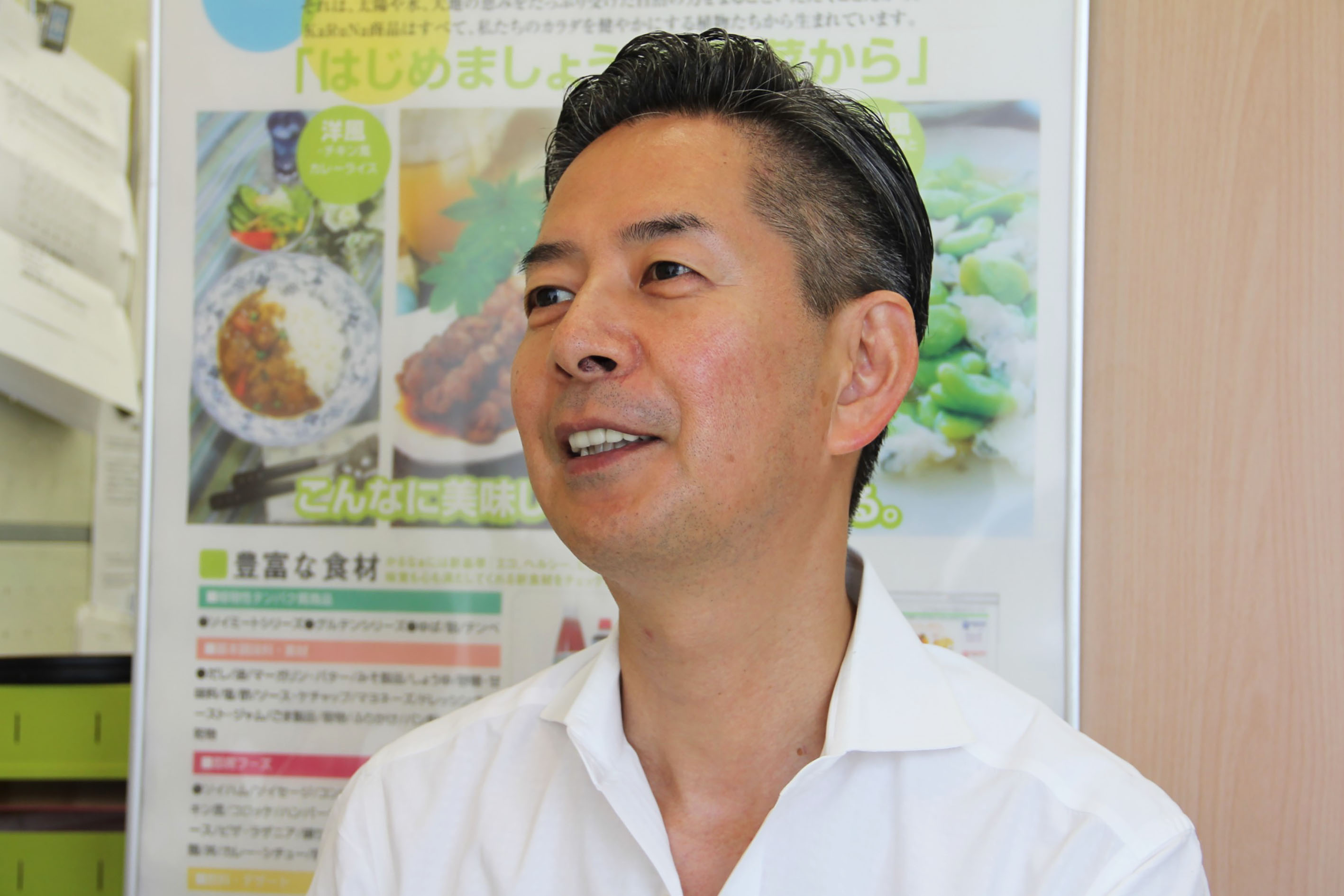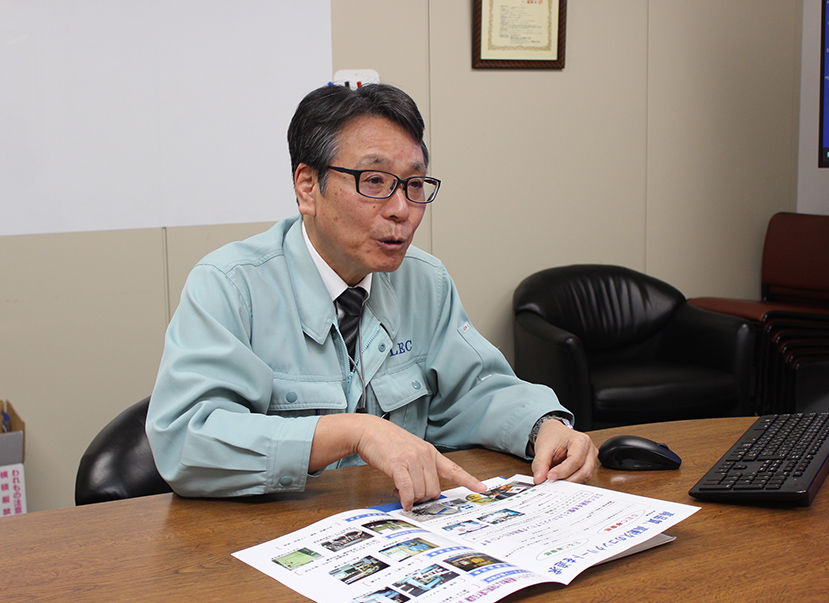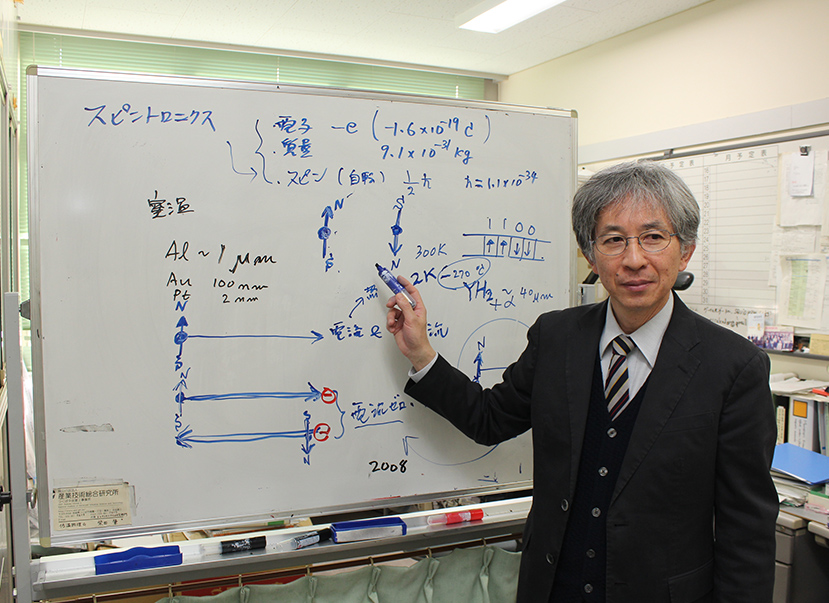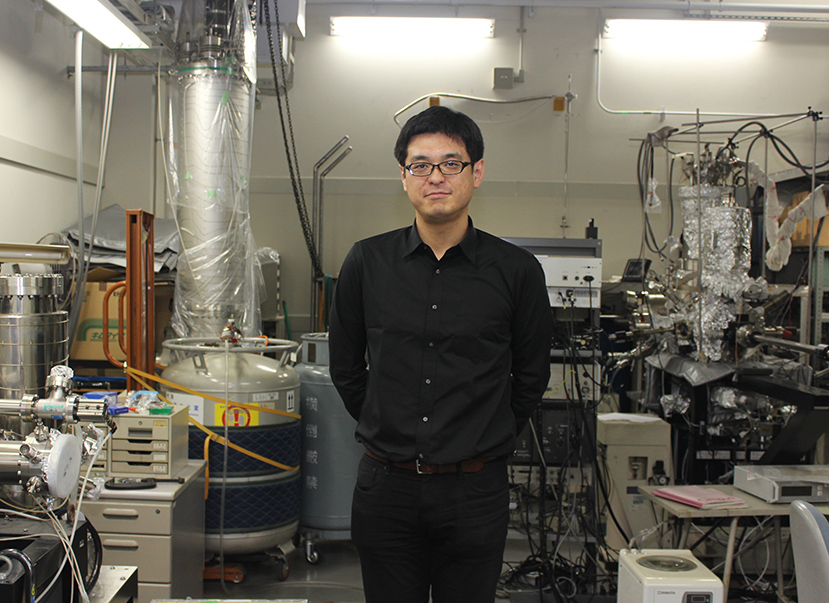User Interview
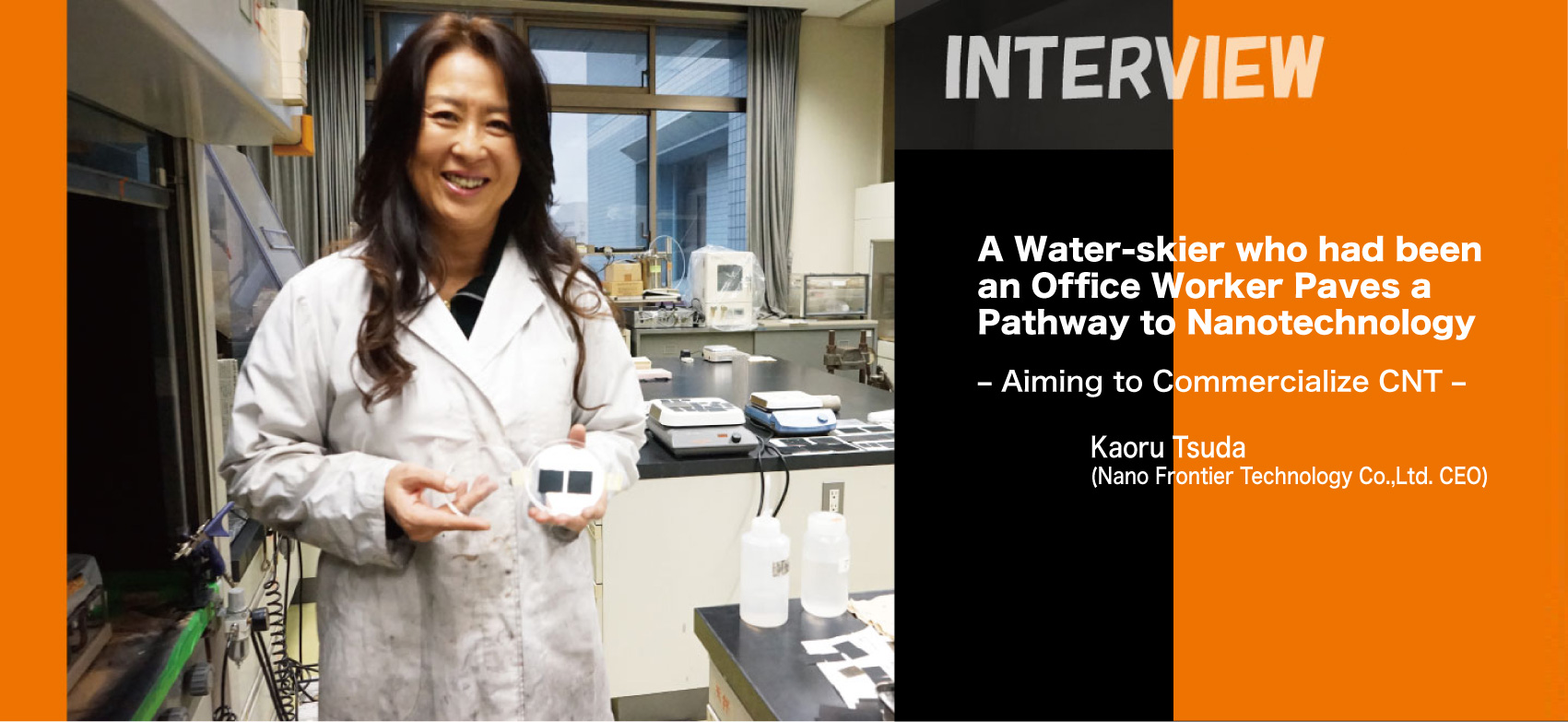
―Ms. Tsuda, please tell me your major and your original and current research field.
Originally, I did not have a background in science. I graduated from the economics department and started working at a business firm. So, I was a complete amateur in science. You might be surprised that such a person as I could establish a company developing the carbon nanotubes (CNTs), ha ha.
―Right at the beginning, that’s surprising, isn’t it? Please tell me the story of how you established the CNT company despite your liberal arts background.
I was a water-skier during the period from university to employment at the business firm. In addition, I became a member of the Japanese team. After beginning my job, I also competed in some international competitions. However, after competing for about 10 years, I quit working for that company because it was difficult to balance waterskiing and work, and then I spent about two years focusing entirely on waterskiing. I had to retire from waterskiing due to injury, and subsequently had the opportunity to join a nanotechnology startup. This was the first step toward a career in science.
―You were a water-skier and a member of the Japanese team! Just by hearing it I can see that you had an impressive career. After that, how did you encounter CNTs?
The company I worked for had nanotechnology-related equipment, so sometimes I conducted experiments. It was really the first time for me because I had never conducted experiments as a student; however, it was very interesting. At some point, when I saw a scanning electron microscope (SEM) image of the CNTs processed by the equipment, my intuition told me that this was the next emerging material!
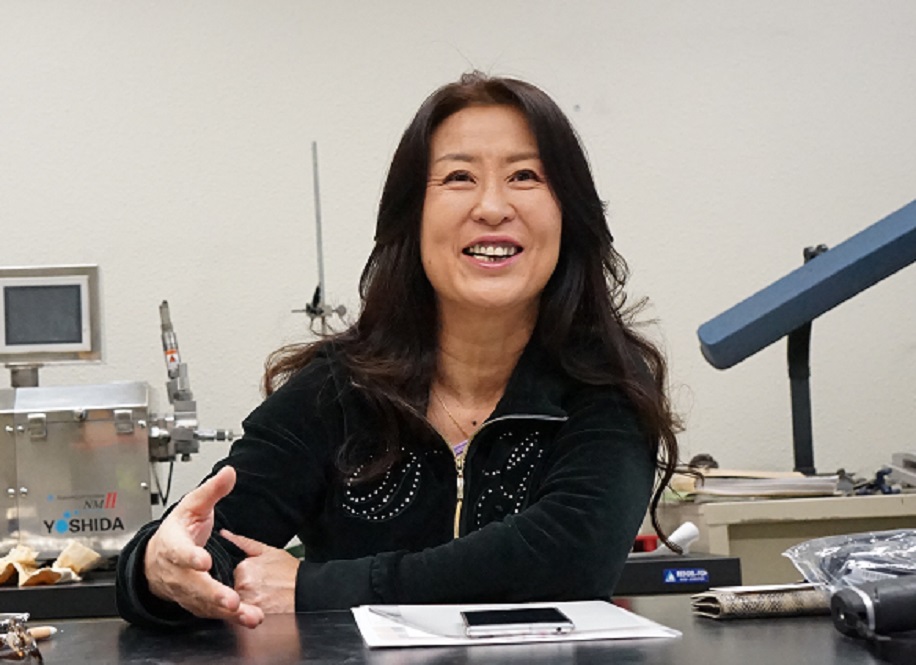
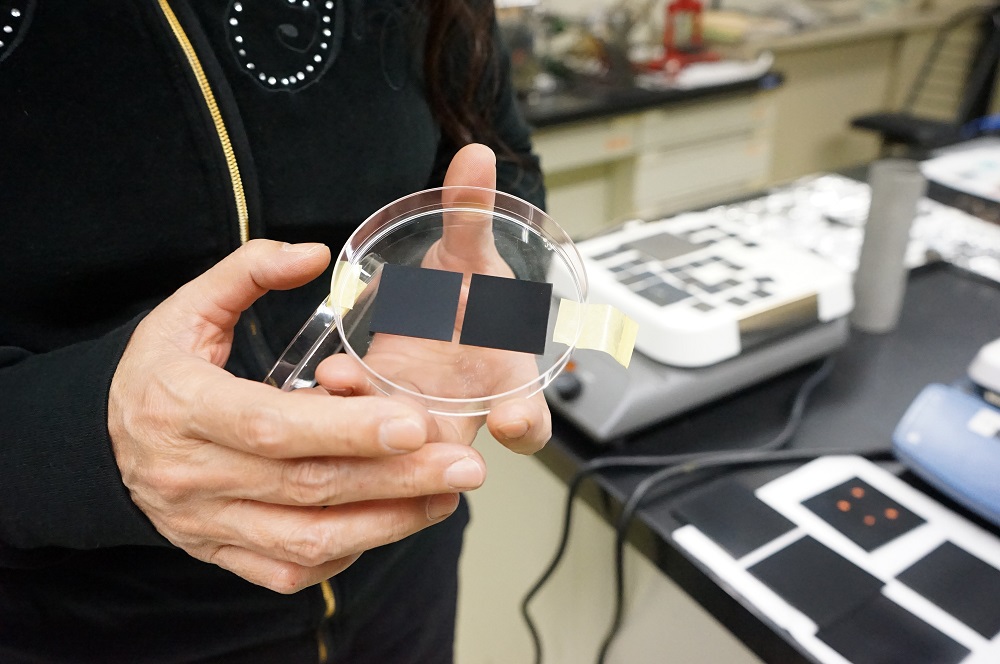
Novel Discovery Because of No Fixed Ideas That This is How it Should be.
―What was the key point in sensing the CNT would be the next emerging material?
CNTs seemed to be loose within the SEM image. Until then, the idea that the CNTs were loose, in other words dispersed, did not exist. Because of previous experiments, I felt that dispersion was necessary for any material to combine. Since then, I have studied CNTs and hoped to create a compound material with them. That is why I accelerated the development and sales of CNT dispersion liquids and developed CNT compound materials.
―Have you experienced any problems in conducting experiments and research for the first time?
Yes, I have. I found that it was difficult to follow the conversation between clients or professors. This field has many technical terms. However, I asked questions when I did not understand something. I also studied by reading many scientific papers. In the experiments, I did not know many things, but I was not bothered by that. More than anything else, I enjoyed working on it with enthusiasm, just following my curiosity.
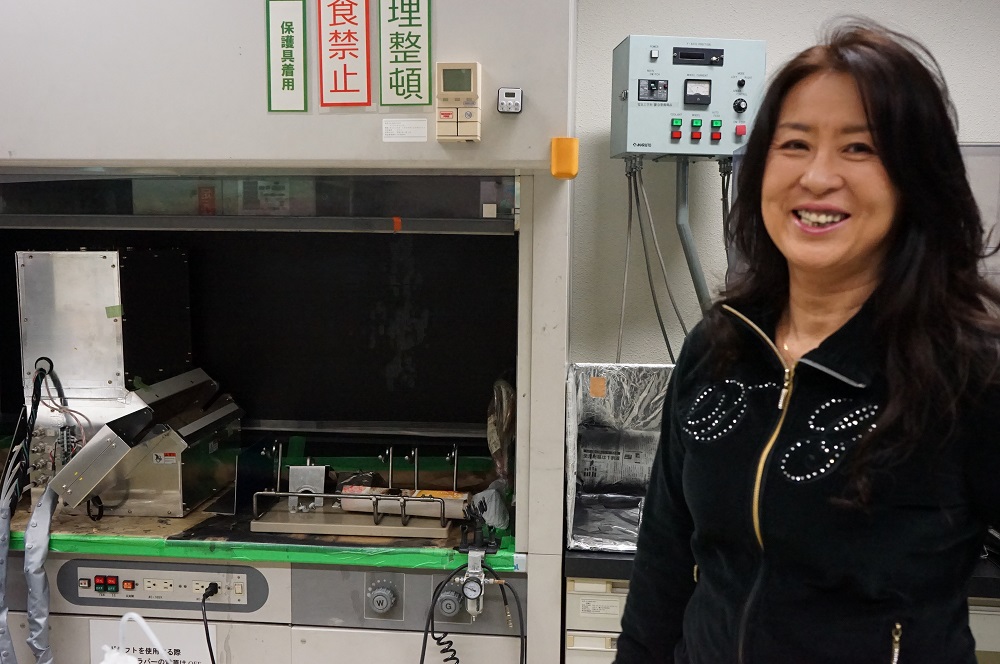
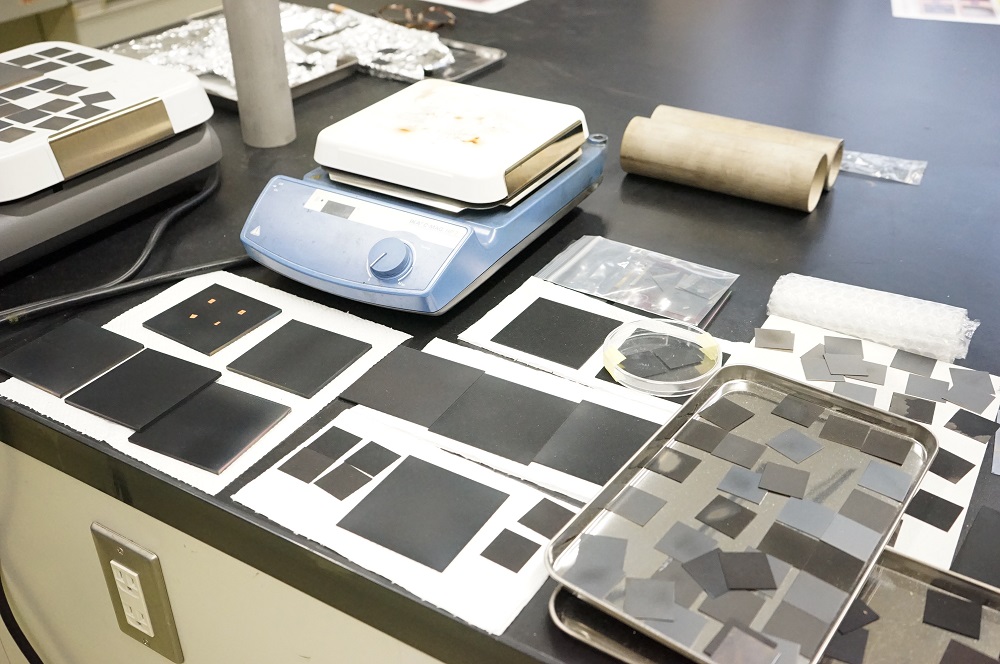
―Your experiment environment is changing, and now you are using a room of a Tokyo metropolitan college of technology as your lab, aren’t you?
I have a connection with a teacher from the Tokyo Metropolitan College of Industrial Technology, and I am advancing my experiments while I engaged in collaborative research with the students. Currently, I am involved in research on solar heat absorbers and fuel cell separators as well. The heat collectors are expected to be used for solar thermal power generation. There is still more photovoltaic power generation in Japan, but solar heating is often used abroad. I am now expanding our business opportunities in overseas markets, such as Spain.
CNTs Led to the Encounter with the Nanotechnology Platform
I met Mr. Nakashima from Kyushu University at CNT meetings several times. Last year, I saw him again when he introduced Nanotechnology Platform equipment used by Kyushu University to me, which is when I decided to use it. I not only used it but also applied for the NEDO Energy and Environment New Technology Leading Program in collaboration with Mr. Nakajima in FY 2014, which resulted in acceptance. (In FY 2014, the application with Shinshu University was accepted as another NEDO project.)
―It is amazing that your application was accepted despite your company having only one employee (Ms. Tsuda), isn’t it?
I have not been approved for other large subsidies yet, but I expect that will change because our application was accepted by NEDO.
―How did you feel when you used the Nanotechnology Platform of Kyushu University?
The fact that a lot of equipment specific to CNTs is available is a good point. First, the best part is to be able to receive advice from Mr. Nakajima about the consideration of data or the information. It is worth flying to Kyushu University. The use fee is low. Since I often have to measure samples several times, it is very helpful to obtain as much data as I can.
―Ms. Tsuda, finally, please let me know your future prospects.
I hope that I will launch the CNT products even a day earlier. I will work on experiments and research every day in the hope that someday the products will be helpful in addressing energy problems and other issues.
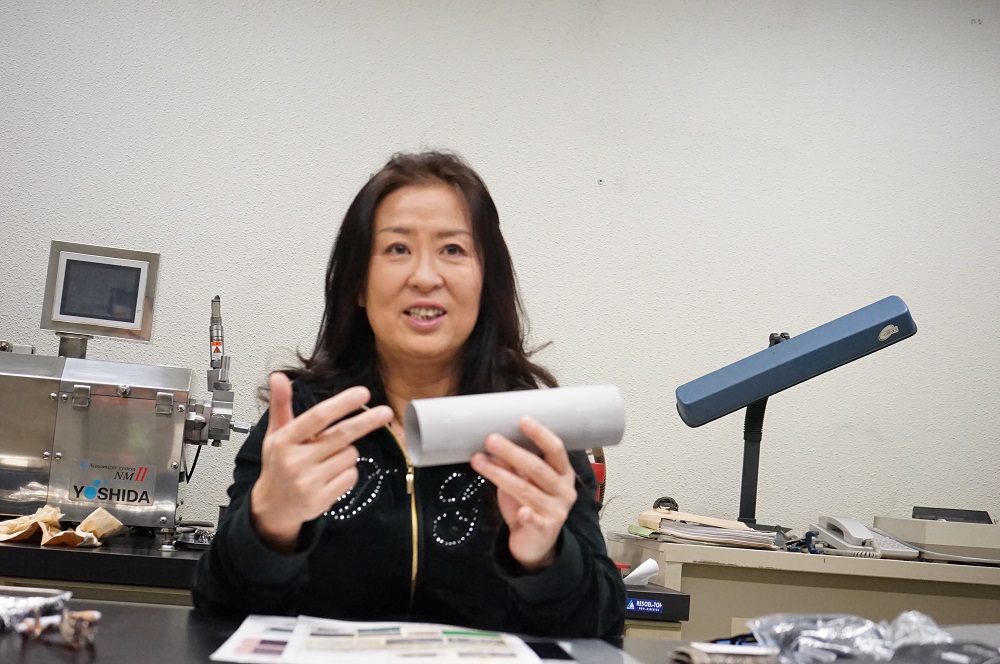
―(Finally)
A lab in a college of technology? A water-skier with a liberal arts background? In this interview, these facts were a surprise. However, I realized that you can do anything if you have curiosity and passion from the start and don’t give up. Also, removing fixed ideas like this is how it should be will lead to novel technologies. I think this could be a breath of fresh air to researchers today. Ms. Tsuda, I hope for your further success.

